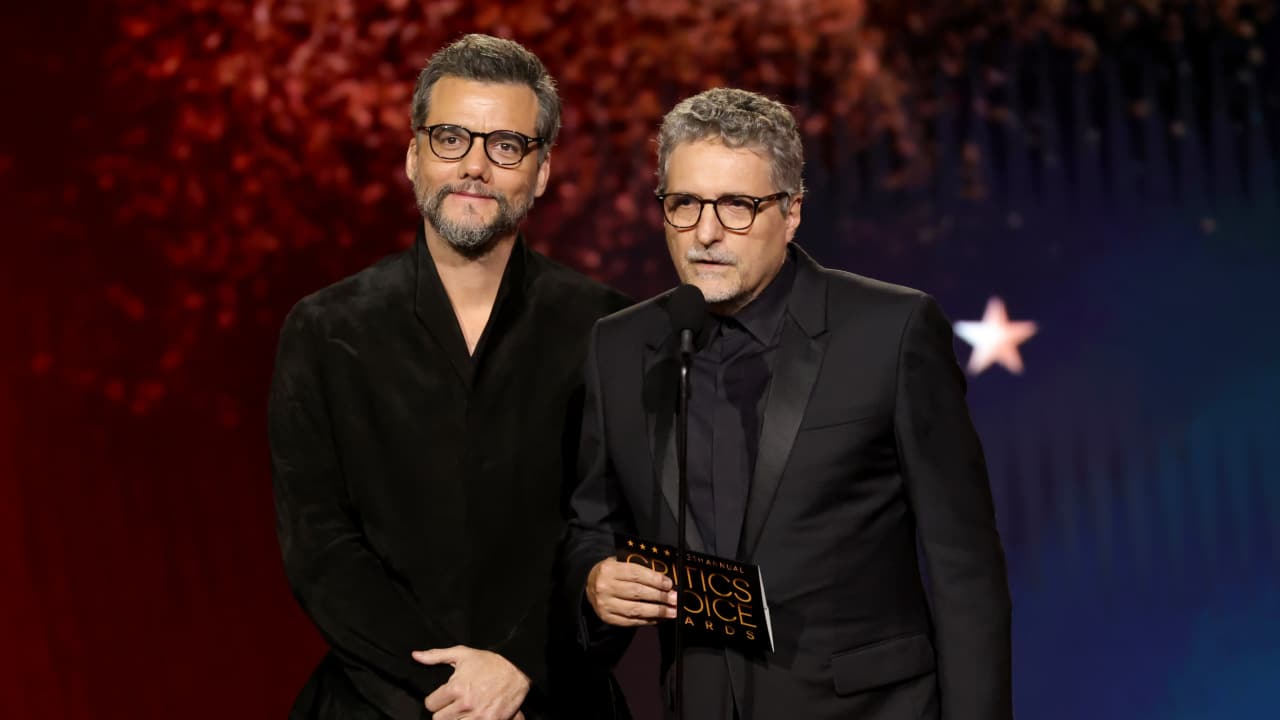David Schwimmer, The Actor Who Played Ross In Friends, Defended The Show After Backlash Over Insensitivity And Lack Of Diversity
“Friends” is loved by everyone. You’d be lying if you said you’ve never spent an entire day on the sofa, binge-watching the 90s comedy. But it’s safe to say that some of the jokes, punchlines, and themes of the show wouldn’t have been very well received in 2020 —aka some of the show’s storylines have been regarded as more than a little problematic. Here are some examples.
“Friends” originally aired in the 90s —but with Netflix reviving the craze for the show a few years ago, millennial viewers noticed a few insensitive punchlines.
The show was on air since 1994 and up until 2004. But since “Friends “started streaming on Netflix just a few years ago, modern day fans have found issues with the way the show depicts and handles some issues —like its lack of diversity for instance, or its depiction of women and LGBT people.
Pretty much everything about “Fat Monica,” for example.
The whole ‘Fat Monica’ storyline fed into the media’s perpetuated image of overweight individuals as punchlines and nothing more. She only became a “worthy” character after she lost the weight, or at least that’s how the show made it seem.
Exhibit B. The treatment of Chandler’s trans dad.
Chandler’s homophobia and jokes about his transgender parent were awful. While the addition of a proud gay character in a show during the 90s was a huge step forward in television, they totally misrepresented the community. The show conflated transgender people and drag queens. In trying to expose and dismantle some prejudices, they also perpetuated others.
The objectification of women by the male characters
There’s a Thanksgiving episode where Ross and Joey are trying to leave so they can go and meet Joey’s good looking roommate and her dancing friends. And just like this one, there are many other episodes in which “the boys” spend the whole show trying to think up ways to trick women into sleeping with them —in this particular episode, Joey literally calls the women “objects” —and I’m triggered.
Joey’s sexism usually went unchecked—and he was downright creepy a lot of times.
Most of Joey’s scenes revolved around women —and a lot of them are problematic. Sure, he had his good and sweet moments, but it’s super problematic that he can’t remember who he’s slept with, or how he makes his roommates make breakfast for his conquest and then dump them for him. His roommate’s search was also awful: “Female, non-smoker, non-ugly.” —Seriously?
The constant examples of fragile masculinity.
The male characters frequently had to make a HUGE issue out of their fragile masculinity. Here’s an example for you: In the episode where Chandler moves in with Monica, she has him making cedar sachets with old pantyhose. Chandler asks to leave to go do “guy stuff.” He then finds Joey learning to knit and Ross applying face powder to try and minimize the contrast of his overly bleached teeth. He leaves in disgust. Later, after pointing out all the feminine touches Joey’s new female roommate has applied to the old apartment, Chandler points out that Joey is turning into a woman. “Why would you say that? That’s just mean,” asks Joey. “Now I’ve upset you? What did I say?” replies Chandler. “It’s not what you said. It’s the way you said it… Oh, my God! I’m a woman!” exclaims Joey in disgust —*ALL THE EYEROLLS*
Ross has been one of the most criticized characters.
The character of Ross has seen a lot of criticism, for his dismissal of the importance of consent, his possessiveness over women, the casual anti-gay comments and more.
Even the show creators have admitted to feeling uncomfortable with some scenes.
The creators spoke about their regrets at Tribeca Film Festival’s “Friends” 25th anniversary. When asked by the audience if there were storylines that they regret, Kauffman had a couple of examples ready: “the one when Phoebe starts dating her sister Ursula’s stalker, played by David Arquette (“we did a lot of rewriting on that to make it work”).” “It’s much harder for me to enjoy the good moments when there are moments in it where I’m going, ‘Oh my God, we let that happen? We did that,'” she explained.
Meanwhile, co-creator, David Crane, admitted he doesn’t remember a lot of specific scenes and jokes after working on 10 seasons 15-25 years ago, said that when he does stumble upon an episode, he’ll occasionally wonder, “Wow, really? We went with that?” “There are some that are better than others,” he said.
In a recent interview with the Guardian, “Friends” star David Schwimmer who played Ross, said he”doesn’t care” about the backlash, because he believes it comes from the show being taken out of the context of its time.
When asked about the backlash that the show went through after its Netflix renaissance, the actor said; “I don’t care.” A few articles and several Twitter threads suggested that the show’s jokes hadn’t aged well, like Chandler worrying about seeming gay, or jokes about Monica’s weight. “The truth is also that show was groundbreaking in its time for the way in which it handled so casually sex, protected sex, gay marriage, and relationships. The pilot of the show was my character’s wife left him for a woman and there was a gay wedding, of my ex and her wife, that I attended.”
“Friends” is a product of the pre-“woke” era when it comes to race, too.
“Maybe there should be an all-black Friends or an all-Asian Friends,” Schwimmer says. “But I was well aware of the lack of diversity and I campaigned for years to have Ross date women of color. One of the first girlfriends I had on the show was an Asian American woman, and later I dated African American women. That was a very conscious push on my part.




